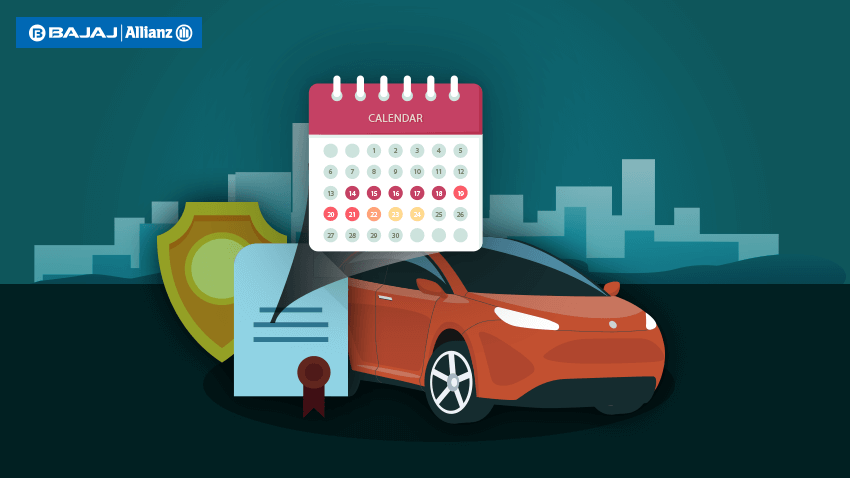On-road accidents are unpredictable. Even if you follow the rules and maintain proper road safety, there are no guarantees that those around you might do the same. When everyone is in a hurry to reach their destination, a mishap is bound to happen. If your car gets damaged in an accident, paying out of pocket to repair the damages can be expensive. However, if you have car insurance, you can file a claim to get compensation*.
Here are the steps to file a claim.
How to claim car insurance for own damage?
In the event your car gets damaged in an accident, you can file a claim for compensation. If you have,
online four-wheeler insurance these are the steps you may follow to file the claim:
Inform the insurer
Once the accident has taken place, it is your responsibility to inform your insurer about it. You can approach your insurer through two mediums:
- Their claims helpline number
- The claims section on their website
Notify the police
After the accident has taken place, you are required to inform the police about the accident. If the damages caused are minor, there is no need to file an FIR. However, if a major damage has been caused by a third-party, you are required to file one. Most insurance companies require a copy of the FIR, so make sure to clear this with your insurer.
Capture evidence
Take photos and videos of the damage caused to your vehicle. Not only is it required by your insurer during the claim verification process, but it also strengthens your case in front of your insurer.
Submit documents
Once you have gathered all the information, submit the documents to your insurer, such as a copy of your policy document, the FIR, and the photos and videos which you must have taken. It is on the basis of these documents that your insurer will verify your claim.
Get your vehicle inspected
Your insurer will send a surveyor to inspect the damages caused to your car. They will check if the damages match the ones mentioned in your claim. They might collect additional information which would then be provided to your insurer.
Get your vehicle repaired
If the insurer is satisfied with all the details provided by the surveyor and finds your claim to be genuine, they will compensate you*.
You have two options to claim this compensation:
- Get your vehicle repaired at a garage and pay for it. Submit the bill to your insurer and you will be reimbursed*.
- Get your vehicle repaired at a network garage. The garage owner will bill the insurer, who will initiate cashless settlement with the owner*.
Types of claim settlement
Depending on the type of insurance you have the claims could be as follows:
- Third-party claim settlement- Here, the third-party would be compensated for the damages caused to your car. You do not get compensated for own damages*.
- Own-damage settlement- You get compensated for the damages caused to your vehicle. However, you must compensate the third-party out of your pocket*.
- Comprehensive settlement- In this, own damages and third-party damages are compensated together*.
Things to remember
When you want to
claim car insurance, these are the things you should remember:
- Be transparent about the details you provide to your insurer when it comes to the damages caused to the vehicle
- File your claim within the period allotted by your insurer to avoid rejection*
- Do not fabricate evidence or receipts to get extra money
- Avoid filing claims for minor damages such as scratches and dents
Conclusion
In the event of your car getting damaged, you can follow the above mentioned steps to file a claim and get properly compensated for own damages*. If you do not own the policy, use the . The quote you get from the
online car insurance calculator is based on the type of policy you want to purchase, duration of the policy and type of vehicle among other factors*.
If you opt for comprehensive insurance, you can also see the price difference due to the inclusion of add-ons to the policy. It is important to know that the quote provided by the calculator may vary from the actual quote the insurer might present you with.
*Standard T&C apply
Insurance is the subject matter of solicitation. For more details on benefits, exclusions, limitations, terms, and conditions, please read the sales brochure/policy wording carefully before concluding a sale.
 Service Chat:
Service Chat: 

